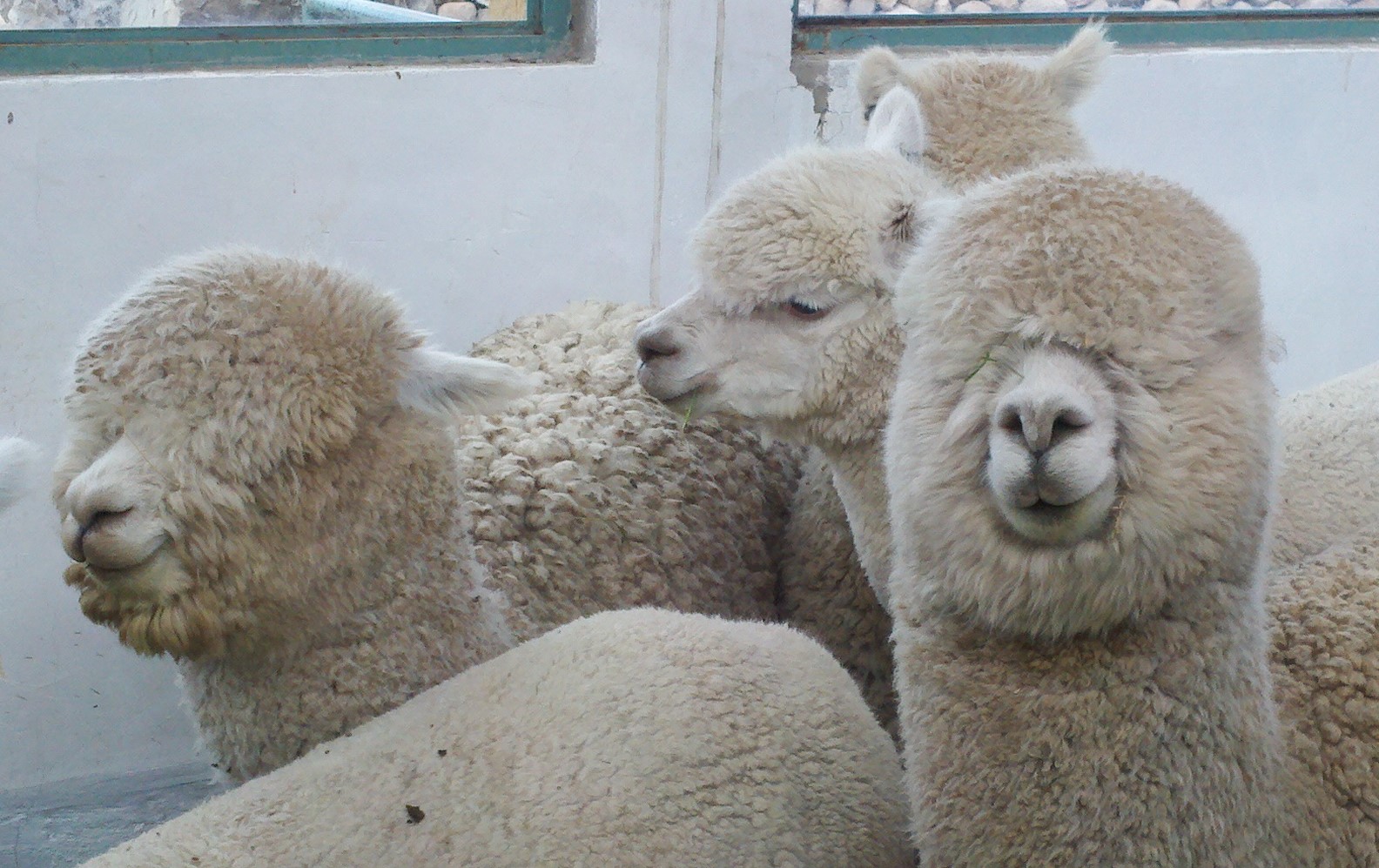
Information from the Tennessee Alpaca Association (TAA)

Make plans to join us for this informative seminar that will be held Saturday, August 13, 2022 from 8:00 a.m. – 5:00 p.m. at the UT College of Veterinary Medicine located on the UT agricultural campus at 2407 River Drive, Knoxville. Alpaca and llama owners and their veterinarians will learn about specific health concerns of camelids and the latest research at UT. Veterinarians will earn Continuing Education Credits (CEUs).
Large Animal Clinical Sciences faculty are putting the finishing touches on the speaker lineup, which will include topics on parasites, special case studies, pasture management, genetics, geriatrics, cria care, regenerative medicine, diagnostics, and much more! The day will also include a silent auction fundraiser for the UT llama and alpaca research program. Please bring an item to donate for the auction and/or solicit an item from a local business that might be of interest to llama and alpaca owners and veterinarians.
Registration is $40 per person and $35 for a second person from the same farm or household; it includes handouts, lunch, and refreshments. Veterinarians and veterinary students can attend for free but must be registered before the deadline to receive continuing education credits. The deadline to register is Wednesday, August 3. Email hickorybluffalpacas@comcast.net with your registration info if you plan to pay at the door so we can ensure we have enough food and handouts. Be sure to invite your veterinarian!
Directions: Take I-40 to Knoxville. Exit on Alcoa Highway (Hwy 129) South. Take the Neyland Drive exit, and turn left at the light at the bottom of the ramp, then left onto Joe Johnson Drive. Turn right at the red light and then right into the parking lot behind the veterinary college. Enter at the doors facing Joe Johnson Dr. The meeting room will be held in A118, with registration and coffee beginning at 8:00 a.m. in the foyer.
The conference is sponsored by the Tennessee Alpaca Association and UT College of Veterinary Medicine, Department of Large Animal Clinical Sciences